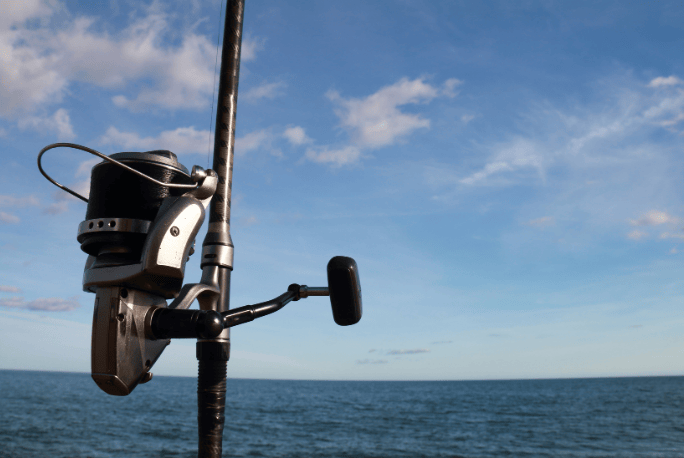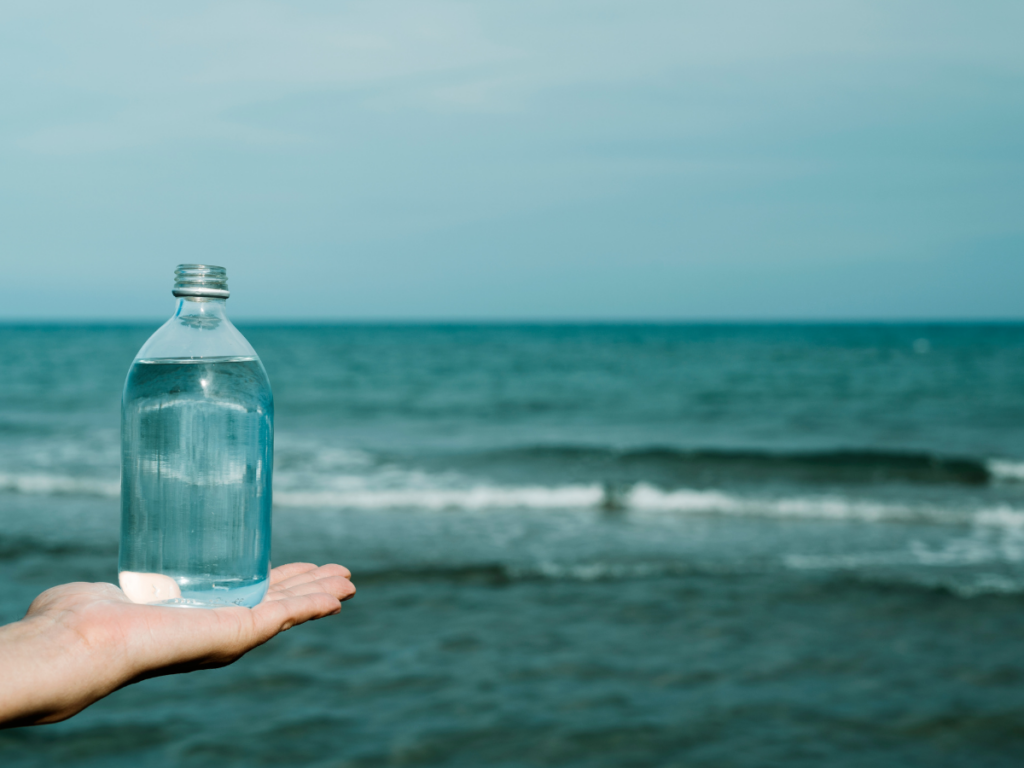
Water is one of the most precious resources on Earth, essential for life, agriculture, and industry. However, with increasing population growth, climate change, and pollution, water scarcity has become a major global concern. Sustainable water management is critical to preserving water resources, ensuring long-term availability, and minimizing environmental impact.
In this blog post, we will explore effective water management practices, innovative tools, and technologies that contribute to the sustainable use of water in homes, industries, and agriculture.
What is Sustainable Water Management?

Sustainable water management involves strategies that promote efficient water use, conservation, and responsible distribution while minimizing waste and environmental degradation. It ensures that water resources are available for future generations while meeting present demands.
This approach is critical in addressing issues such as:
✔️ Water shortages due to overuse and climate change
✔️ Water pollution from industrial and agricultural activities
✔️ Inefficient water use in households and businesses
✔️ Declining groundwater levels due to excessive extraction
By implementing sustainable water management practices and tools, we can protect ecosystems, maintain clean drinking water, and improve water security worldwide.
Key Sustainable Water Management Practices
1. Water Conservation and Efficiency
One of the most effective ways to manage water sustainably is by reducing water wastage and improving efficiency. Conservation strategies focus on using water wisely and preventing unnecessary loss.

Best Practices for Water Conservation:
- Fix leaks in pipes, faucets, and irrigation systems to prevent water loss.
- Install low-flow fixtures (e.g., faucets, toilets, and showerheads) to reduce household water consumption.
- Encourage rainwater harvesting to collect and store rainwater for non-drinking purposes like irrigation and flushing toilets.
- Promote xeriscaping, a landscaping method that uses drought-resistant plants and requires minimal watering.
- Implement water-efficient irrigation systems such as drip irrigation, which delivers water directly to plant roots with minimal waste.
Why It Matters:
Reducing water waste ensures that clean water remains available for essential needs while lowering water bills and energy consumption.
2. Rainwater Harvesting and Storage
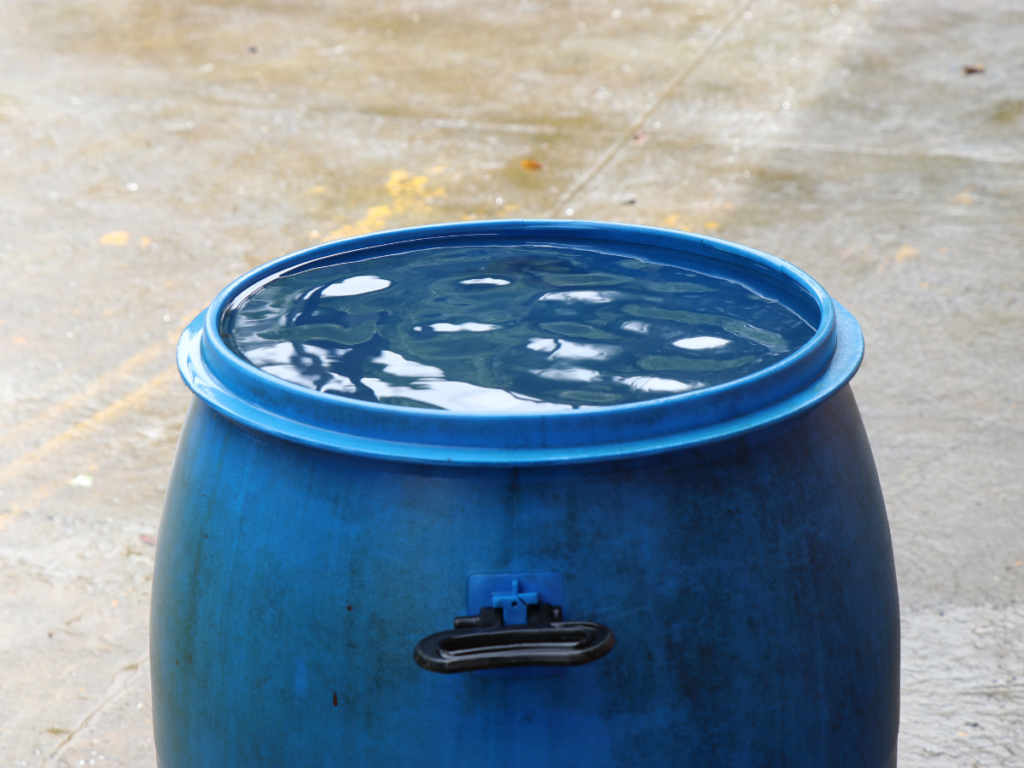
Rainwater harvesting is an excellent sustainable water management practice that collects and stores rainwater for various uses. This reduces dependence on municipal water supplies and helps replenish groundwater levels.
How Rainwater Harvesting Works:
- Roof Catchment Systems: Collects rainwater from rooftops and channels it into storage tanks.
- Underground Cisterns: Large containers buried underground to store collected rainwater for later use.
- Barrels and Storage Tanks: Simple collection systems for outdoor watering and household non-drinking purposes.
Benefits of Rainwater Harvesting:
✔️ Reduces reliance on freshwater sources
✔️ Provides a free and sustainable water supply
✔️ Helps mitigate urban flooding
✔️ Supports agriculture and irrigation in dry areas
3. Wastewater Recycling and Reuse
Recycling wastewater is a crucial part of sustainable water management, especially in areas facing severe water shortages. Treated wastewater can be safely reused for non-drinking purposes such as landscape irrigation, industrial cooling, and toilet flushing.
Types of Wastewater Reuse:
- Greywater Recycling: Reuses water from sinks, showers, and washing machines for irrigation and cleaning.
- Industrial Water Recycling: Factories treat and reuse process water to reduce overall consumption.
- Municipal Wastewater Treatment: Advanced purification techniques make treated wastewater safe for reuse in agriculture and urban landscaping.
Why It Matters:
Recycling wastewater helps reduce pollution, lowers water consumption, and provides an alternative source of non-drinking water.
4. Smart Irrigation and Agricultural Water Management
Agriculture accounts for nearly 70% of global freshwater use, making efficient irrigation techniques essential for sustainability. Traditional irrigation methods often result in water wastage, but smart technologies can significantly improve efficiency.
Modern Agricultural Water Management Practices:
- Drip Irrigation Systems: Provide precise amounts of water directly to plant roots, reducing evaporation and runoff.
- Soil Moisture Sensors: Detect moisture levels in the soil, ensuring crops receive just the right amount of water.
- AI and IoT-Based Irrigation: Smart irrigation systems adjust water usage based on weather forecasts and soil conditions.
- Crop Rotation and Cover Crops: Reduce water demand by enhancing soil health and retaining moisture naturally.
Why It Matters:
Using smart irrigation systems increases crop yields while reducing water waste, energy use, and farming costs.
5. Protecting Water Sources and Ecosystems
Sustainable water management extends beyond conservation—it also involves protecting rivers, lakes, wetlands, and groundwater from pollution and overuse.
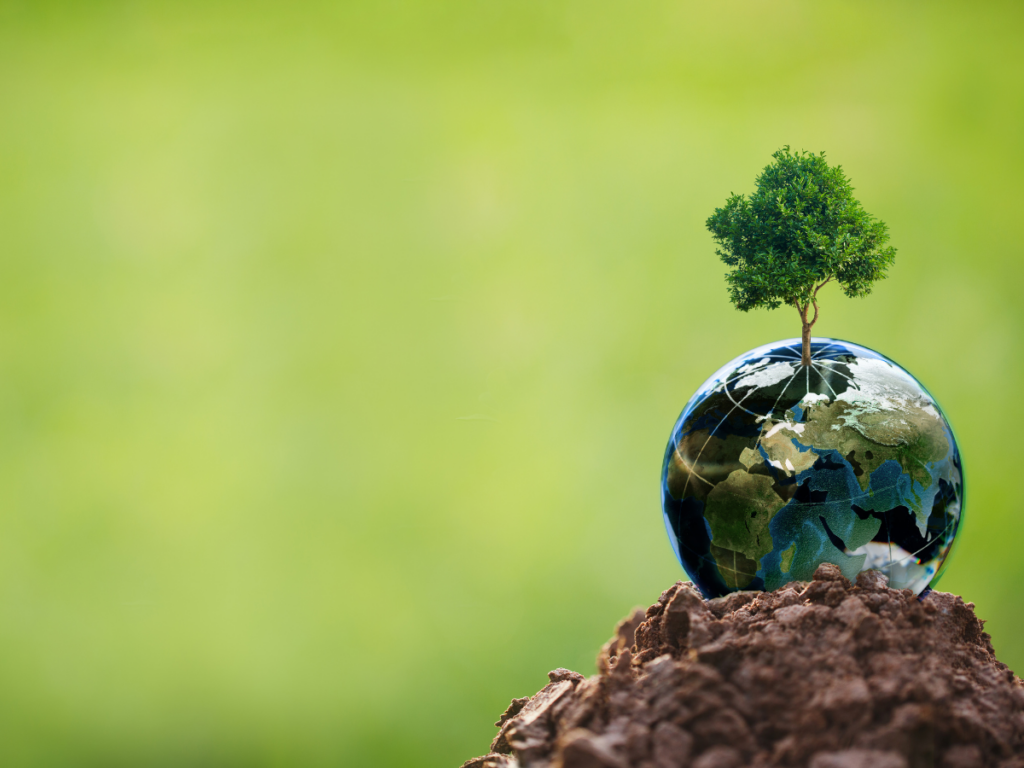
Ways to Protect Water Sources:
- Reduce industrial and agricultural runoff by implementing better waste management systems.
- Prevent chemical contamination by regulating pesticide and fertilizer use.
- Restore wetlands and natural water bodies that help filter pollutants and recharge groundwater.
- Reduce plastic and industrial waste that can contaminate freshwater sources.
Why It Matters:
A clean and well-preserved water supply supports biodiversity, human health, and long-term water availability.
Innovative Tools and Technologies for Sustainable Water Management
1. Smart Water Meters and Sensors
Smart water meters track real-time water usage, helping households and industries detect leaks and optimize consumption. IoT-based sensors monitor water levels, quality, and flow rates, allowing for data-driven decision-making.
2. Desalination Technology
Desalination converts seawater into freshwater through processes like reverse osmosis. While energy-intensive, advancements in solar-powered desalination are making this technology more sustainable.
3. AI and Data Analytics for Water Management
Artificial intelligence (AI) is revolutionizing water management by predicting droughts, optimizing distribution, and detecting water contamination. Data analytics helps policymakers create efficient water conservation plans.
4. Water-Efficient Appliances
Modern appliances such as low-flow toilets, water-saving dishwashers, and efficient washing machines significantly reduce water usage in households.
5. Green Infrastructure for Water Conservation
Cities are adopting green roofs, permeable pavements, and urban wetlands to improve rainwater absorption and reduce runoff.
Conclusion: A Sustainable Future for Water
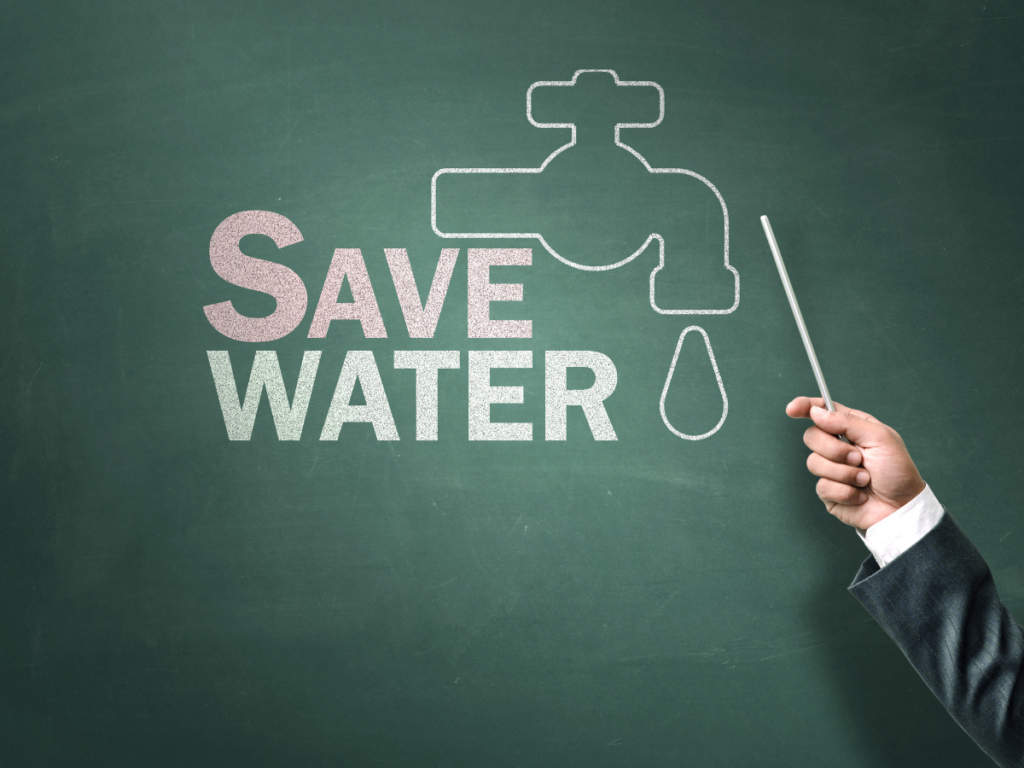
Sustainable water management is essential to ensure that future generations have access to clean and abundant water resources. By adopting conservation practices, innovative technologies, and responsible policies, individuals, businesses, and governments can work together to preserve and protect water supplies.



